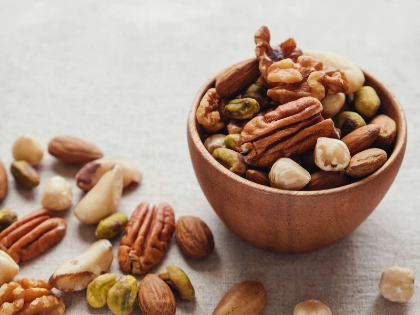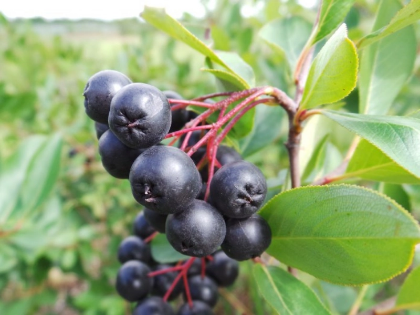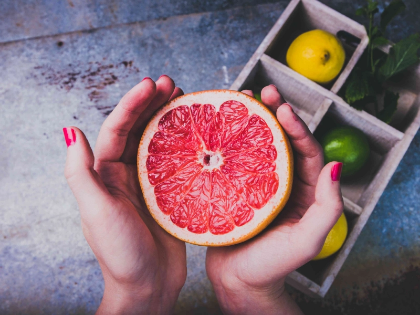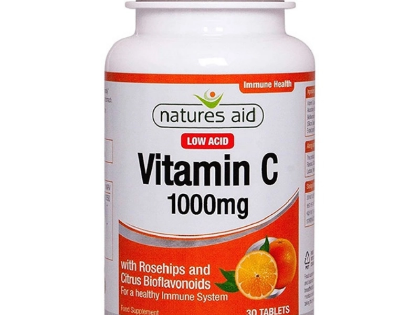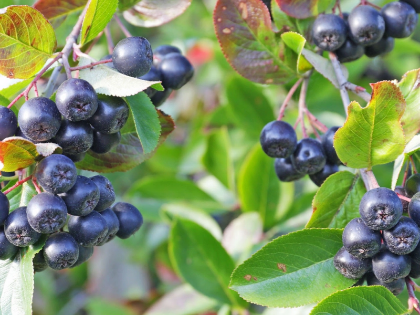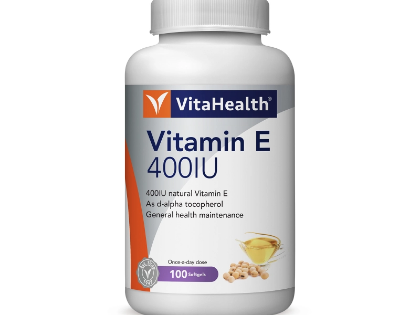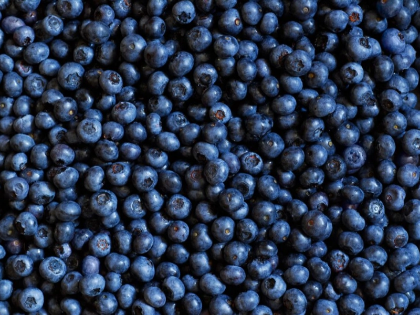How Honey Can Help Alleviate Allergy Symptoms
1. Knowing Allergies When the immune system responds to usually benign things like pollen, dust mites, or pet dander, allergies result. Among the spectrum of symptoms these responses could produce include sneezing, itching, nasal congestion, and even skin rashes. Although many patients are looking for natural solutions to augment their treatment, traditional drugs like antihistamines and nasal sprays are usually utilized to control these symptoms. A natural sweetener recognized for its several health advantages, honey has attracted interest as a possible helper in reducing allergy symptoms.
2. Honey's antioxidant agent Power Antioxidants abound in honey, substances meant to fight oxidative stress in the body. Including foods high in antioxidants is absolutely vital since oxidative stress can aggravate allergic responses and inflammation. Honey will help your body produce these helpful molecules, thereby maybe lessening the severity of allergy problems. Honey's antioxidants enhance immune system functioning and aid in neutralizing free radicals, therefore enhancing general health.
3. Pollen and Local Honey Exposure One well-known hypothesis about honey's ability to reduce allergies is predicated on local honey exposure. Local honey may have minute levels of local pollen since bees that gather nectar from nearby flowers may do. Little amounts of local honey could help your body progressively become tolerant to some allergies. Like the idea behind allergy injections, this slow exposure may help to progressively lessen the intensity of allergic reactions.
4. Anti-inflammatory characteristics Those with allergies may find honey's inherent anti-inflammatory qualities helpful. Many allergic responses are caused in part by inflammation, which causes nasal swelling and irritation. Including honey in your diet could help lower respiratory system inflammation, therefore easing congestion and sinus pressure. Honey's calming qualities can also help with sore throats sometimes linked with allergies.
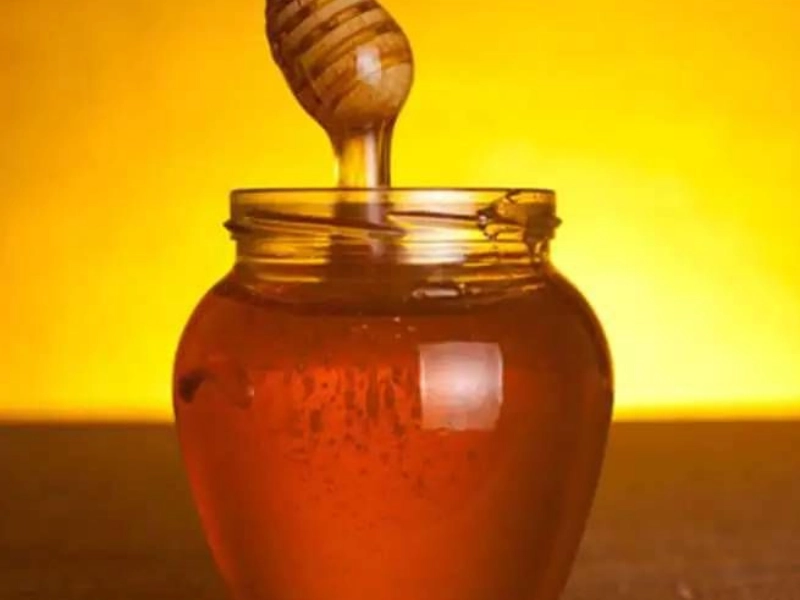
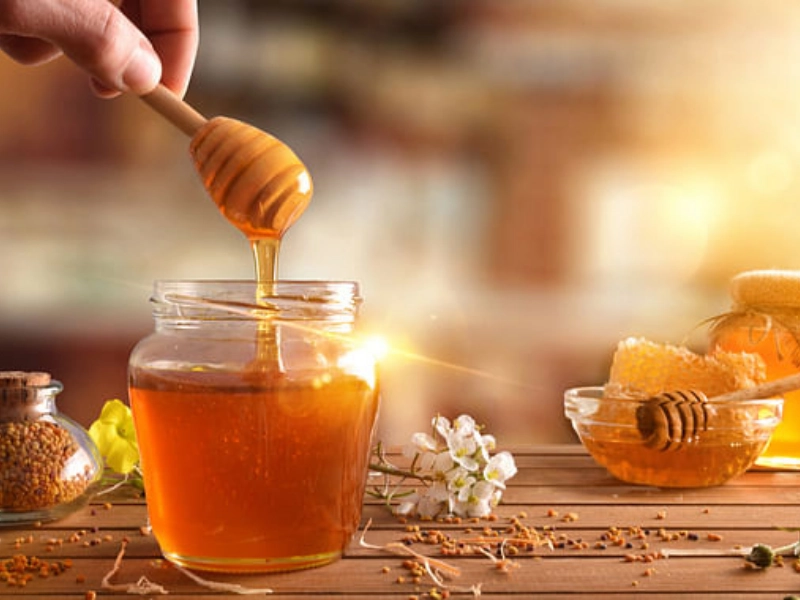 6.Support of the Immune System Effective control of allergies depends on a strong immune system. Many vitamins, minerals, and enzymes included in honey help the immune system function. Regular honey intake can help your immune response be stronger, thereby facilitating your body's handling of allergies. Honey might improve your allergy control plan by encouraging general health and well-being.
6.Support of the Immune System Effective control of allergies depends on a strong immune system. Many vitamins, minerals, and enzymes included in honey help the immune system function. Regular honey intake can help your immune response be stronger, thereby facilitating your body's handling of allergies. Honey might improve your allergy control plan by encouraging general health and well-being.
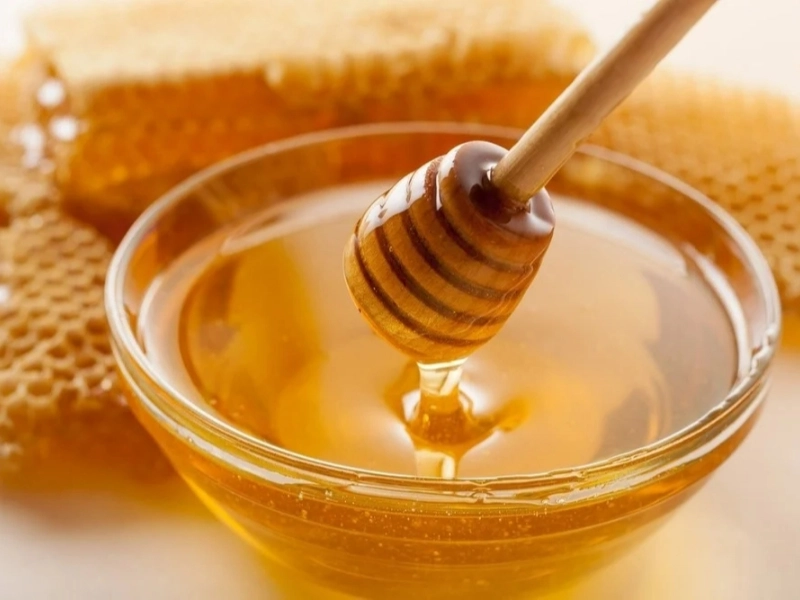 7. How Might Honey Find Its Way Into Your Diet? Honey is an easy and flexible addition to your diet. You might toss it into tea, sprinkle it over yogurt, or use it as a natural sweetener in baked products and smoothies. If you especially want to target allergy symptoms, think about daily consuming a teaspoon of local honey, particularly during allergy seasons. But because of the risk of botulism, young under one year olds should not eat honey.
8. Safety Measures and Considerations Although honey could be a useful complement to your allergy control regimen, it cannot replace medical treatment. People with severe allergies or those with anaphylactic responses should follow advice from their healthcare professional and get the right medical attention. Given honey's natural sugar level, persons with diabetes or other health issues should also see their doctor before including it in their diet.
9. Synopsis of Honey's Uses for Allergies From its antioxidant and anti-inflammatory qualities to its calming effects on coughs and throat discomfort, honey presents a spectrum of possible advantages for reducing allergic symptoms. Including local honey in your daily regimen might help you have better general respiratory conditions and fewer allergic reactions. Although honey is not a cure-all, it can be a useful natural therapy to augment conventional allergy medications, therefore encouraging a better and more pleasant living throughout allergy season.
7. How Might Honey Find Its Way Into Your Diet? Honey is an easy and flexible addition to your diet. You might toss it into tea, sprinkle it over yogurt, or use it as a natural sweetener in baked products and smoothies. If you especially want to target allergy symptoms, think about daily consuming a teaspoon of local honey, particularly during allergy seasons. But because of the risk of botulism, young under one year olds should not eat honey.
8. Safety Measures and Considerations Although honey could be a useful complement to your allergy control regimen, it cannot replace medical treatment. People with severe allergies or those with anaphylactic responses should follow advice from their healthcare professional and get the right medical attention. Given honey's natural sugar level, persons with diabetes or other health issues should also see their doctor before including it in their diet.
9. Synopsis of Honey's Uses for Allergies From its antioxidant and anti-inflammatory qualities to its calming effects on coughs and throat discomfort, honey presents a spectrum of possible advantages for reducing allergic symptoms. Including local honey in your daily regimen might help you have better general respiratory conditions and fewer allergic reactions. Although honey is not a cure-all, it can be a useful natural therapy to augment conventional allergy medications, therefore encouraging a better and more pleasant living throughout allergy season.
